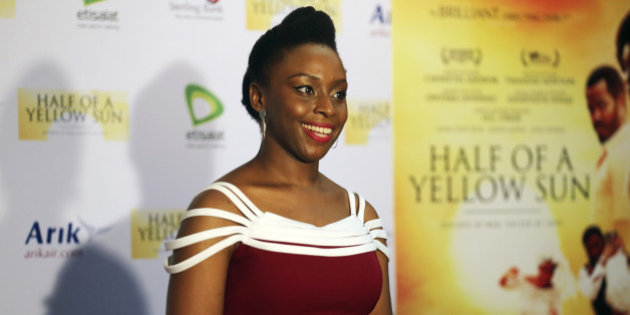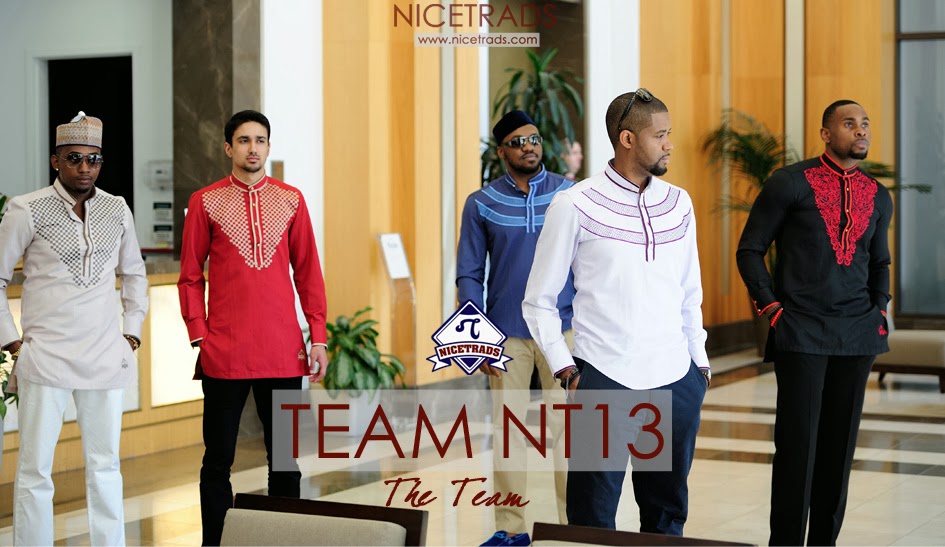Nigerian award-winning novelist Chimamanda Ngozi Adichie breaks silence with Nigerian President Muhammadu Buhari. She disagreed with the current government over the position he shared on appointment of ministers, Fulani herdsmen's attack on civilians and failed currency policies. Chimmamanda wrote in an op-ed published by the New York Times on Wednesday that:
“He had an opportunity to make real reforms early on, to boldly reshape Nigeria’s path. He wasted it,”
“After an ostensible search for the very best, he presented many recycled figures with whom Nigerians were disenchanted. But the real test of his presidency came with the continued fall in oil prices, which had begun the year before his inauguration,” she continued.
“Nigeria’s economy is unwholesomely dependent on oil, and while the plunge in prices was bound to be catastrophic, Mr. Buhari’s actions made it even more so.
“He adopted a policy of ‘defending’ the naira, Nigeria’s currency. The official exchange rate was kept artificially low. On the black market, the exchange rate ballooned. Prices for everything rose: rice, bread, cooking oil. Fruit sellers and car sellers blamed ‘the price of dollars’. Complaints of hardship cut across class. Some businesses fired employees; others folded.

“The government decided who would have access to the central bank’s now-reduced foreign currency reserves, and drew up an arbitrary list of worthy and unworthy goods — importers of toothpicks cannot, for example, but importers of oil can. Predictably, this policy spawned corruption: The exclusive few who were able to buy dollars at official rates could sell them on the black market and earn large, riskless profits — transactions that contribute nothing to the economy.”
“There are no easy answers to Nigeria’s malaise, but the government’s intervention could be more salutary — by prioritising infrastructure, creating a business-friendly environment and communicating to a populace mired in disappointment,”





































